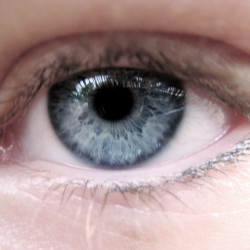
A lack of sleep, already considered a public health epidemic, can also lead to errors in memory, finds a new study. The study, published online in the journal Psychological Science, found that participants deprived of a night’s sleep were more likely to flub the details of a simulated burglary they were shown in a series of images.
Distorted memory can have serious consequences in areas such as criminal justice, where eyewitness misidentifications are thought to be the leading cause of wrongful convictions in the United States. “We found memory distortion is greater after sleep deprivation,” said Kimberly Fenn, MSU associate professor of psychology and co-investigator on the study. “And people are getting less sleep each night than they ever have.”
The Centers for Disease Control and Prevention calls insufficient sleep an epidemic and said it’s linked to vehicle crashes, industrial disasters and chronic diseases such as hypertension and diabetes. The researchers conducted experiments at MSU and UC-Irvine to gauge the effect of insufficient sleep on memory. The results: Participants who were kept awake for 24 hours, and even those who got five or fewer hours of sleep, were more likely to mix up event details than participants who were well rested.
